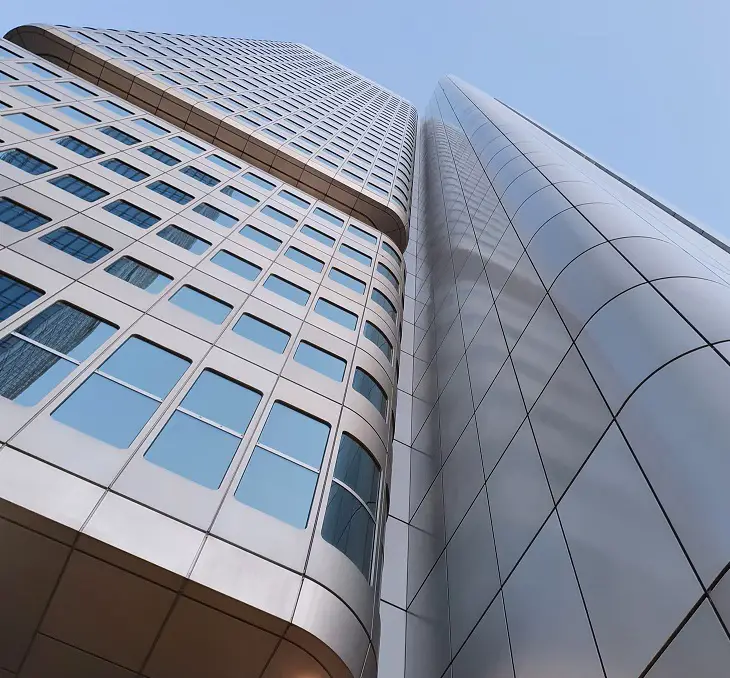This Monday a Hong Kong Court will convene proceedings to examine the plans for restructuring the troubled Chinese property developer Evergrande to deal with the real estate giant’s $300 billion in debts as it seeks to stave off liquidation.
The most indebted real estate developer in the world first encountered difficulties after Chinese regulators tightened the rules around excess borrowing in the real estate sector.
Then word broke last month that the company’s chairman, Hui Ka Yan, was being investigated by Chinese police, who had placed him under monitoring in response to unspecified criminal acts. Creditors saw the development as one more obstacle as the company seeks to resolve it myriad of financial problems.
The hearing to work through the company’s plans for avoiding liquidation have been postponed by the Hong Kong High Court several times. In October, Judge Linda Chan said that the hearing on Monday will be the last one before a decision is rendered by the court.
If the plan is rejected by the developer’s creditors, the company may face a full liquidation.
The developer’s initial restructuring plan had to be abandoned in September following a decision by authorities which forbad it from issuing new dollar bonds, which had been key to the plan.
The company first defaulted on a financial obligation roughly one year after Beijing began implementing plans to cool what it saw as a property bubble by clamping down on lending to developers.
Evergrande was, at the time, the biggest developer to default on its debts, however since then other developers have also hit rough waters, including Country Garden, the largest real estate developer in China, as the shock of such major players teetering has rippled through the financial systems, both in China, and across the globe.
The effects have also impacted the shadow banking system in China, which offers financial services which are similar to those offered by banks, but which do so outside of the authority of regulatory authorities which govern banks.
One major shadow bank in China which has been responsible for billion of yuan in loans to property developers, Zhongzhi Enterprise Group, is now under investigation by police after it revealed, that due to $64 billion in liabilities, it was now insolvent.
China’s economic boom has been largely driven by its real estate sector, with developers borrowing heavily as they constructed vast cities of apartment buildings and office towers. As a result, total corporate, government and household debt has risen to the equivalent of more than 300% of annual economic output, which is abnormally high for a middle-income country.
In an effort to contain the difficulties on the property sector from spilling into the broader economy, Beijing has prioritized supporting the real estate sector. As one measure, regulators have reportedly drawn up a list of 50 developers which they have determined are eligible for financial support, to prop up the industry.

